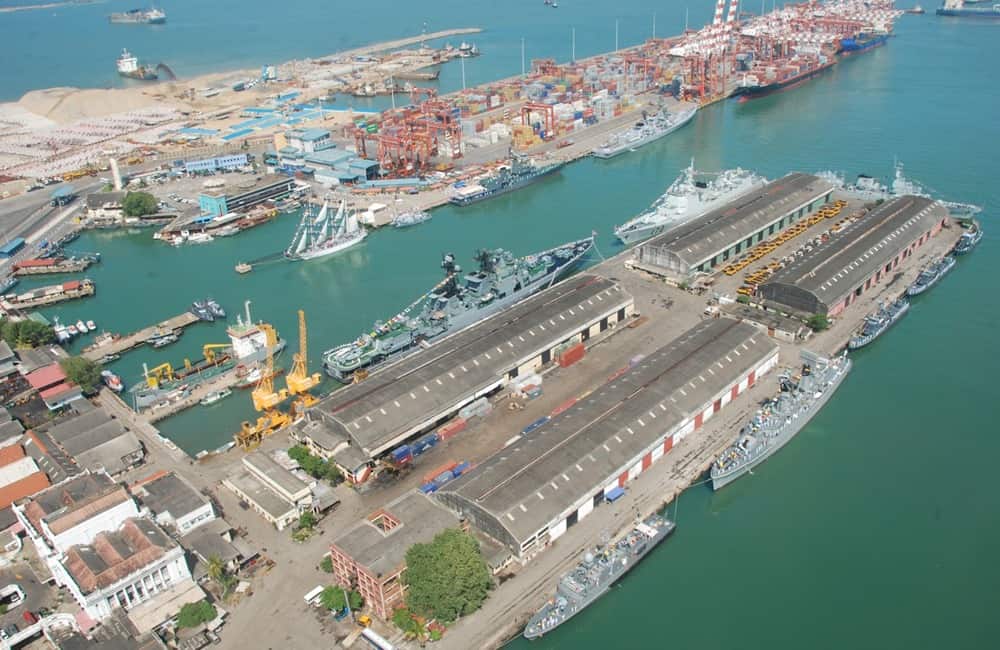In 2018, Sri Lanka’s maritime Port of Colombo, topped the ranking as the fastest growth from a port in the gift half of the year by Alphaliner’s rankings. In terms of global rankings, JOC listed the Port of Colombo as the 24th in the top 50 global container ports in 2018, with a drop to 25th in 2019. With 2020’s rankings still pending, we assess whether the Port of Colombo’s many infrastructural delays are causing delays and impairing the growth of Sri Lanka’s shipping hub status in Asia.
During the 54th Annual General Meeting of the Ceylon Association of Shipping Agents (CASA) held this year, there were many factors were highlighted that reflected the status of the Port of Colombo as a regional shipping hub in Asia. This year, has been very trying year for the world, not just Sri Lanka, and has affected the movement of cargo globally with new COVID-19 restrictions and regulations. With blank sailings, withdrawal of services, the Port of Colombo saw a big dip in volumes between the April-July 2020 periods.
However, the CASA Chairman followed up that despite COVID-19, delays in infrastructural growth will only harm Port of Colombo’s status. Capacity is needed in order to garner a competitive edge over other players in the industry, especially those who are our immediate neighbours. India has readied plans to construct deep-water ports, which will pose a threat to the status of Sri Lankan shipping hub status in the region of Asia. Delays in operations of the East Container Terminal are concerning, and delays in project commencement of the West Container Terminal needs to be addressed.
To ensure that the Port of Colombo’s status as regional shipping hub for Asia is being maintained, the East Container Terminal needs to begin smoother operations, and furthermore, the West Container Terminal works need to commence. The CASA Chairman further added that it’s of import to simplify shipping processes and cut down bureaucratic red tape to facilitate smoother transactions. He further stressed that logistics digitisation is an essential step to ensure that Sri Lanka maintains its mark on the region. National Single Window processes need to be fast-tracked to bring into to operation, along with the likes of cargo and vessel e-clearance processes, and even electronic payment to name a few. The industry will need to be reinvented as many countries have already done so in order to stay afloat during the COVID-19 pandemic.
Source: FT

